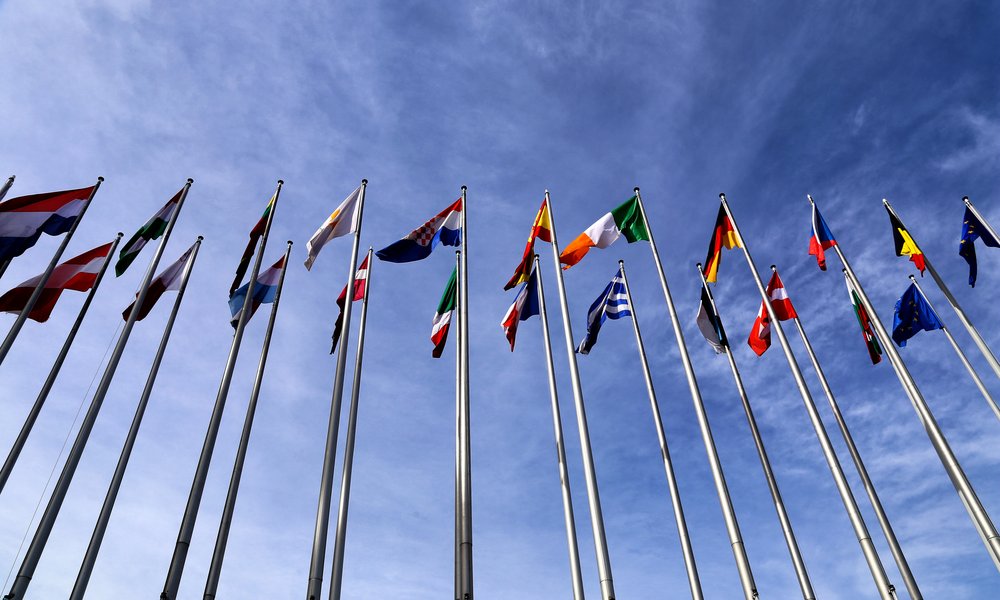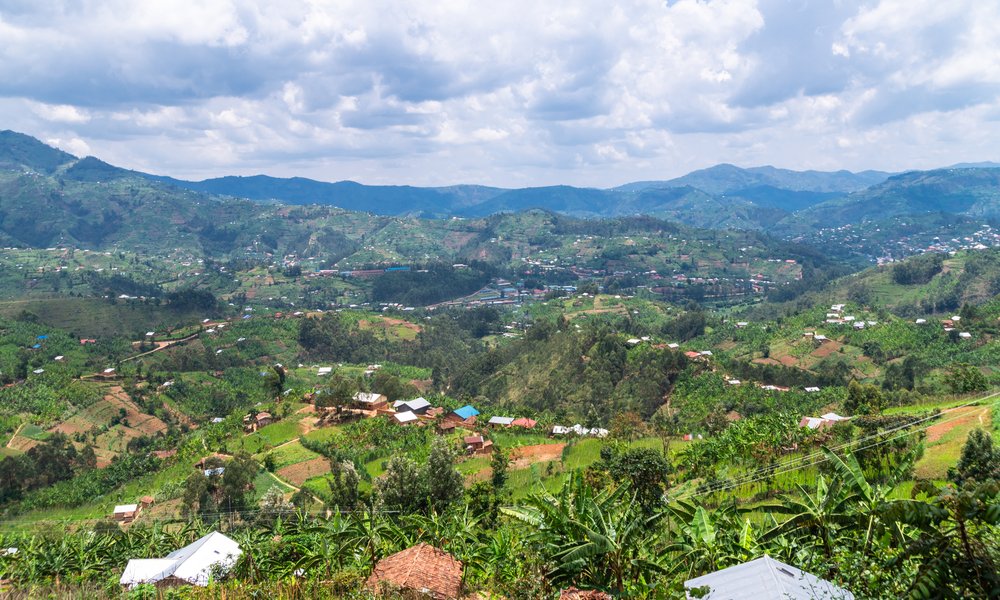News
International researchers awarded fellowships to ensure UK engages with the world's most promising academics
6 Dec 2013
The sixth round of Newton International Fellowships has been awarded jointly by two of the UK's national research academies – the British Academy and the Royal Society. The Fellowships are part of a £29 million pound government initiative to ensure that the UK engages with the world's most promising academics.
The Newton International Fellowships provide an opportunity for some of the most talented early career post-doctoral researchers working overseas to carry out world class research in UK institutions across all disciplines of humanities, engineering, and natural and social sciences. Fellows will receive support in the region of £100,000 each for a two year placement in the UK.
The collaborations and links formed by Newton Fellows during the course of their Fellowship will continue to be supported by the availability of follow-on funding of up to £6,000 per year, for up to ten years to help develop lasting international networks.
The latest group of successful applicants will be investigating topics ranging from the nature and scope of judicial activism in India, to novel bio-nanomaterials for defeating tuberculosis. They come from research institutes in around 20 different countries including India, Japan, Israel and the USA.
The full list of Newton International Fellowships for 2013 is as follows:
- Dr Nadav Amdursky, Israeli - In vitro self-assembly of bacterial pilus as a novel conducting polymer material - hosted by Imperial College London
- Dr Lora Angelova, American - Dynamic hydrogel - surface interactions: Applications in art conservation - hosted by University of Cambridge
- Miss Paula Arribas Blazquez, Spanish - Metagenomics to study the unknown diversity of endogeic soil communities - hosted by Imperial College London
- Dr Emma Carroll, New Zealander - Behaviour as a driver of connectivity in the marine environment - hosted by University of St Andrews
- Dr Diana Cucos, Moldovan - Diplomatic Protection: A Distinctive Source of Human Rights Protection - hosted by University of Essex
- Mr Sandipto Dasgupta, Indian - Can Judges Transform Society? Nature and Scope of Judicial Activism in India - hosted by King's College London
- Dr Clara Fischer, Irish - The Politics of Shame: Containment, Gender and Embodiment - hosted by London School of Economics & Political Science
- Dr Anthony Fisher, Australian - The Metaphysics of Samuel Alexander - hosted by University of Manchester
- Mr Kurt Gron, American - Understanding Early Animal Husbandry in Southern Scandinavia: A Comparative Isotopic Approach - hosted by University of Durham
- Mr Golan Gur, Israeli - Utopia and Memory in the Musical Culture of the German Democratic Republic - hosted by University of Cambridge
- Mr Jukka-Pekka Heikkila, Finnish - Latent forms of entrepreneurship in East Asia - hosted by Anglia Ruskin University
- Dr Arik Kar, Indian - The design of SnO2-based core-shell heterostructures for enhanced applications in photocatalysis - hosted by University of Cambridge
- Dr Pratap Kollu, Indian - Magnetic BioChip for next generation diagnostics - hosted by University of Cambridge
- Mrs Ana Maria Llaurado, Spanish - A developmental model of written text quality in three different languages - hosted by Institute of Education, University of London
- Dr Michal Malecki, Polish - Function of cytoplasmic non-canonical RNA polymerases - hosted by University College London
- Dr Michael McGowen, American - The adaptive basis of diversification in the cetaceans - hosted by Queen Mary University of London
- Dr Mari Miyamoto, Japanese - Democracy and religion in contemporary Bhutan - hosted by School of Oriental and African Studies
- Dr Jan Mol, Dutch - Quantum readout of an electron-spin-resonance transistor - hosted by University of Oxford
- Dr Adam Monier, Australian - Did horizontal gene transfer 'rewire' ocean microbial metabolic networks? - hosted by University of Exeter
- Dr Omar Nasim, Canadian - The Ornamental Mind - hosted by University of Oxford
- Dr Terri Ochiagha, Spanish - E.H.Duckworth, the Making of Nigeria Magazine and the Nationalist Press, 1933-53 - hosted by University of Sussex
- Dr Sirin Odrowski, German - Atmospheric neutrino oscillations with IceCube/DeepCore and PINGU - hosted by University of Manchester
- Dr Tatsuma Padoan, Italian - The Lucky Gods of Tokyo: Religious and Spatial Politics of a Contemporary Urban Pilgrimage - hosted by School of Oriental and African Studies
- Dr Gyongyi Pergerne Klupp, Hungarian - Towards a new generation of molecular superconductors at unprecedented high Tc - hosted by University of Durham
- Dr Rafael Pineda Reyes, Spanish - Kisspeptin neurones; linking reproduction with behaviour. - hosted by University of Edinburgh
- Dr Eilon Poem, Israeli - All Solid-State Multi-Photon Generation and Quantum Manipulation at Room Temperature - hosted by University of Oxford
- Dr Loris Rizzello, Italian - Novel bio-nanomaterials for defeating tuberculosis - hosted by University College London
- Mr David Rossouw, Australian - 4D electron microscopy at the nanoscale - hosted by University of Cambridge
- Dr Snigdha Roy, Indian - Investigating Ni-Catalysed Benzannulation Approaches to Heteroaromatic Boronic Acid Derivatives - hosted by University of Sheffield
- Mr Mainak Sadhukhan, Indian - Development and application of the embedded many-body expansion for molecular clusters - hosted by University of Bristol
- Dr Sankarasekaran Shanmugaraju, Indian - Self-assembled Luminescent Coordination Capsules and Study of Their Optoelectronic Properties - hosted by University of Edinburgh
- Mr Takao Sasaki, Japanese - From individual cognition to collective intelligence - hosted by University of Oxford
- Dr Vijay Singh, Indian - Design for a fountain of YbF molecules to measure the electron's electric dipole moment - hosted by Imperial College London
- Dr Sungho Tak, South Korean - Dynamic Causal Modelling for Near-Infrared Spectroscopy - hosted by University College London
- Dr Biense Wielstra, Dutch - The genomic architecture of a moving hybrid zone - hosted by University of Sheffield
- Ms Alice Zocchi, Italian - Unique signatures of intermediate-mass black holes in globular clusters - hosted by University of Surrey
For further information contact:
Chloe McIvor
Press and Public Relations
The Royal Society
[email protected] / 020 7451 2514
NOTES FOR EDITORS
- The Royal Society is a self-governing Fellowship of many of the world's most distinguished scientists drawn from all areas of science, engineering, and medicine. The Society's fundamental purpose, as it has been since its foundation in 1660, is to recognise, promote, and support excellence in science and to encourage the development and use of science for the benefit of humanity.
The Society's strategic priorities emphasise its commitment to the highest quality science, to curiosity-driven research, and to the development and use of science for the benefit of society. These priorities are:
-
- Promoting science and its benefits
- Recognising excellence in science
- Supporting outstanding science
- Providing scientific advice for policy
- Fostering international and global cooperation
- Education and public engagement
For further information on the Royal Society please visit royalsociety.org. Follow the Royal Society on Twitter at http://twitter.com/royalsociety or on Facebook at http://www.facebook.com/theroyalsociety .
- The British Academy is the UK's national academy for the humanities and social sciences. Its purpose is to inspire, recognise and support excellence in these disciplines throughout the UK and internationally, and to champion their role and value. More information about the Academy's work is available at www.britac.ac.uk. Follow the British Academy on Twitter athttp://twitter.com/britac_news.
For media enquiries please contact Kate Rosser Frost, Head of Press and Communications: tel. 020 7969 5263; email: [email protected]
- The full list of Fellowships awarded is available at http://www.newtonfellowships.org/
Contact the press office
For further information contact the Press Office on [email protected] / 07500 010 432.

